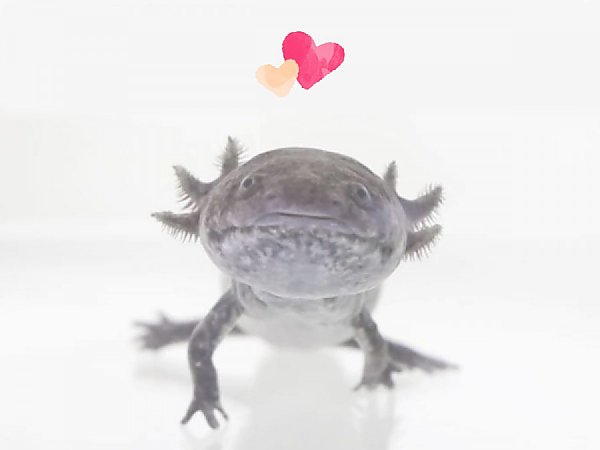Seafood for the Future has produced and collected a variety of resources to educate public and stakeholder audiences about responsible seafood and its role in a more nutritious, sustainable, equitable, and resilient food supply. We’ve compiled some of the ‘greatest hits’ in a series of topical toolkits to help make selection of materials easier. We invite you to leverage all of these resources to learn more and educate your audiences and responsible seafood.
Check out our Education Resource Spreadsheet for a full list of education resources. Filter by type of resource including video, fact sheet, story map, and more. Also, explore videos about responsible seafood on our YouTube Channel.
If you are a teacher looking for lesson plans to use in your classroom, check out BRIDGE Ocean Education and PBS LearningMedia.
Explore university, K-12, industry training, and informal aquaculture education opportunities in the Aquaculture Education Opportunities Spreadsheet.
Select one of the topics below to skip to the toolkit of your choice. Each toolkit features resources in the form of videos, fact sheets, and more relating to a specific seafood topic. There is also a list of additional resources, including a list of peer reviewed literature and resources to help educators to build their own understanding of the issue. Please review credit information for each item carefully and attribute credit as appropriate when using and sharing these resources.
Jump to Seafood & Food Systems Toolkit
Jump to Seafood & Nutrition Toolkit
Jump to Seafood & Climate Change Toolkit
Jump to Seafood & Ecosystem Services Toolkit
Jump to Seafood Technology & Innovation Toolkit
Jump to Seafood & Policy: United States Toolkit









